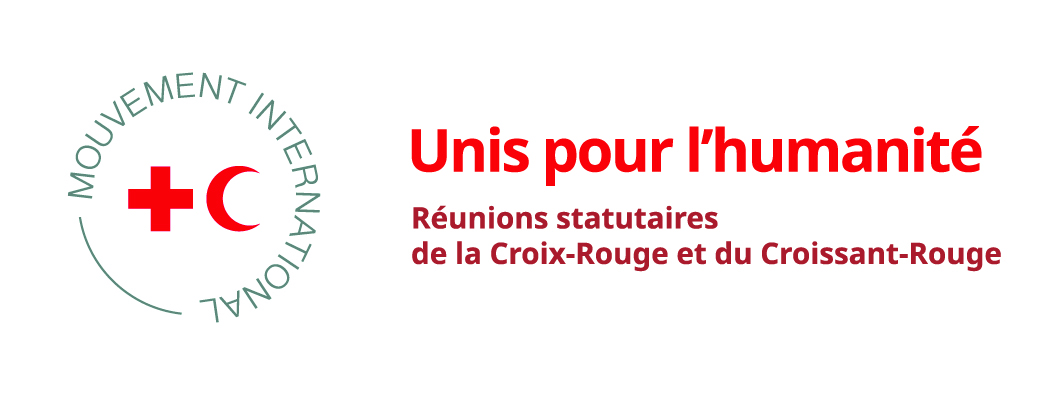A) Objectifs de l’engagement
The International Humanitarian Fact Finding Commission (IHFFC) is an expert body established by Article 90 of Additional Protocol I of 1977 to the Geneva Conventions of 1949 to respond to serious violations of international humanitarian law. The Commission’s essential purpose is to contribute to the implementation of, and ensure respect for, International Humanitarian Law (IHL). It stands at the service of parties to an armed conflict to conduct enquiries into alleged grave breaches or serious violations of IHL and to facilitate, through its good offices, the restoration of an attitude of respect for IHL . In the fulfillment of its mandate, the Commission observes the principles of neutrality, independence, impartiality, and confidentiality.
A State Party to Additional Protocol I may make a comprehensive declaration, thereby recognizing the Commission’s competence. A comprehensive declaration can be made at any time. Today, 77 States have made a comprehensive declaration under Article 90.
Objective of the pledge is to ensure a broader awareness regarding the existence and competences of the IHFFC leading to its broader recognition and an increased use of its services.
Content of the pledge : Noting with appreciation its first operational mission in 2017, we pledge to raise awareness of the potential of the International Humanitarian Fact-Finding Commission (IHFFC) and of its working methods (not only fact-finding, but also good offices), by contributing to enhancing the visibility of the IHFFC and by encouraging the use of the Commission as well as the recognition of its competence.
B) Plan d’action
Amongst the measures that States may take as part of the implementation of the above objectives are the following:
- For States that have not yet recognized the competence of the IHFFC -to consider such a recognition;
- For States that have recognized the competence of the IHFFC – to encourage States that have not yet done so, to make a declaration of recognition of the competence of IHFFC and to provide advice and assistance to these States to enable them to make the declarationwhen requested;
- Use and encourage the use of fact-finding services of the IHFFC in restoring respect for IHL in cases of alleged serious violations of IHL;
- Use and encourage the use of IHFFC’s good offices in restoring respect for IHL;
- Raise awareness and understanding of the IHFFC in multilateral fora, highlight its relevance, propose and support references to the Commission in resolutions and other international documents;
- Raise awareness and understanding of the IHFFC in regional and international organizations, highlight its relevance for the organizations’ mandate and propose references to the Commission in their policies, reports and other relevant documents;
- Raise awareness and understanding of the IHFFC and highlight its relevance in bilateral contacts, particularly concerning parties to armed conflicts;
- Raise awareness and understanding of the IHFFC among the general public;
- Task National IHL Committees and similar entities to advise and assist national authorities in implementing and spreading knowledge of this pledge.
C) Indicateurs permettant de mesurer les avancées:
- Number of States having recognized the competence of the IHFFC;
- Number of requests to the IHFFC to undertake fact-finding missions or make use of its good offices;
- Number of references to the IHFFC in documents adopted in international fora and by international organizations;
- Number of references to the IHFFC in the public domain.
D) Ressources nécessaires:
States will determine the resources that may be required to support the implementation of this pledge based on actions to be taken in their specific context.



